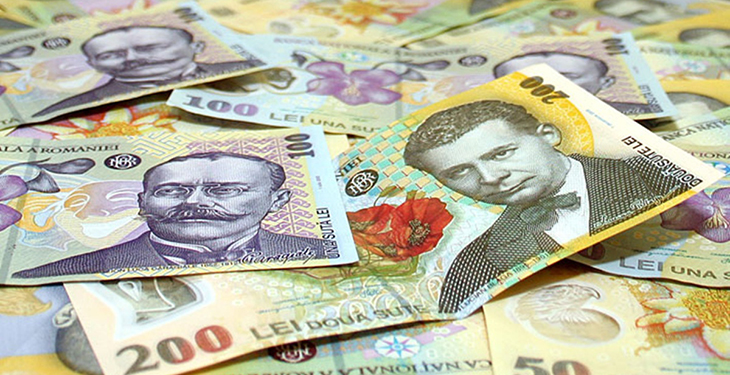In the coming years, Romania has at its disposal unprecedented European funds of billions of euros for the transition to an energy sector with low emissions. If the transition will not be easily understood and accessed by ordinary citizens and small businesses, the backbone of the economy, the entire decarbonization approach will return like a boomerang in front of the pro-European elites, states Corina Murafa, ORSE expert.
“In Romania in 2023, almost half of the country’s population still uses wood for heating. In rural homes, the percentage is 80%, usually in old and energy-inefficient stoves with an efficiency of 15%, which means that 85% of the calorific energy of the wood is lost. At the same time, in Romania today, the thermal energy rehabilitation rate of buildings is very low, although 8 out of 10 buildings need energy renovation, being old and energy inefficient. Several tens of thousands of other households in Romania are in an unimaginable situation: they don’t even have access to electricity, a minimal need without which we can’t imagine life today,” says Murafa.
“Romania must use the billions of euro intended for the green transition to solve the deep causes of energy poverty. These funds must be used to bring light to homes without electricity, to restore heating systems and to rehabilitate inefficient buildings, especially in rural areas, where we have the highest rate of energy poverty.
Energy is a basic need. The poorest consumers prefer to put less food on the table, but not stay in the dark or cold. There are statistics that show this. Due to increasingly frequent heat waves, energy is also becoming a necessity for cooling homes. As the Romanian Observatory of Energy Poverty (ORSE) has drawn attention, summer energy poverty is a growing phenomenon, affecting especially the elderly, children and generally people with low incomes living in poorly insulated housing.
All these complex factors that lead to vulnerability or energy poverty must be analyzed with responsibility by the state institutions, so that in a crisis the solutions are no longer subsidies for everyone, a much too expensive treatment. The system of capping – compensation of energy prices cost 18.7 billion lei until August. This in the conditions where, at the macro level, we have a budget deficit of 38.6 billion lei in the first seven months of the year. To cover the budget deficit, new tax increases are now waiting for us, which will fall on the citizens, among whom are the beneficiaries of capping-compensation – a vicious chain. So, we can no longer cover some big bills permanently, without looking at the condition of the homes and the real needs of the consumers, without seeing what the respective home could do to reduce its energy costs, including accessing clean energy sources , such as photovoltaic panels or heat pumps,” added the ORSE expert.
”The revision of the energy price capping and compensation scheme is imperative. It would give us the opportunity to define the vulnerable consumer properly, in a complex way, not just according to some arbitrarily established income thresholds, as now… We urgently need a national strategy to combat energy poverty, an obligation still foreseen from 2012 in the Energy Law. We are in 2023, 11 years later, and the strategy does not exist,” she also said.
